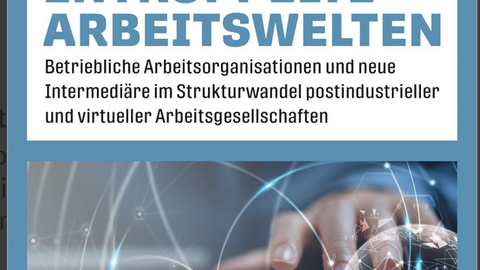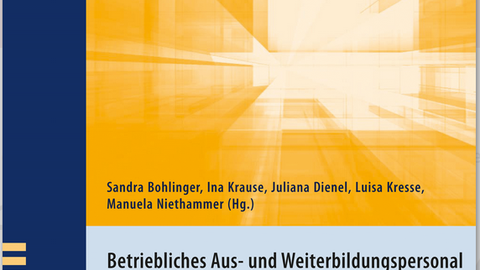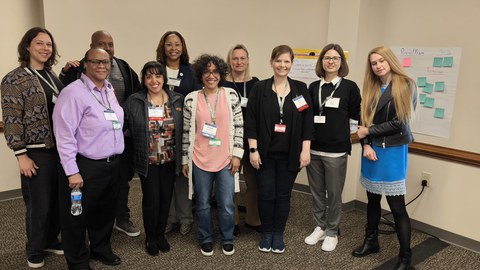Research at the Chair of Comparative Cultural Studies and Qualitative Research (Sociology)
Research at the Chair currently focuses on a cross-cultural Comparison of Transformation processes in Work and Education in the context of social Digitalization and Virtualization.
Another focus is on investigating practices in dealing with (Gen)AI applications in the context of work, learning, and teaching.
Research at the Chair of Comparative Cultural Studies and Qualitative Research (Sociology)
Under Construction





